Blog
Related Articles
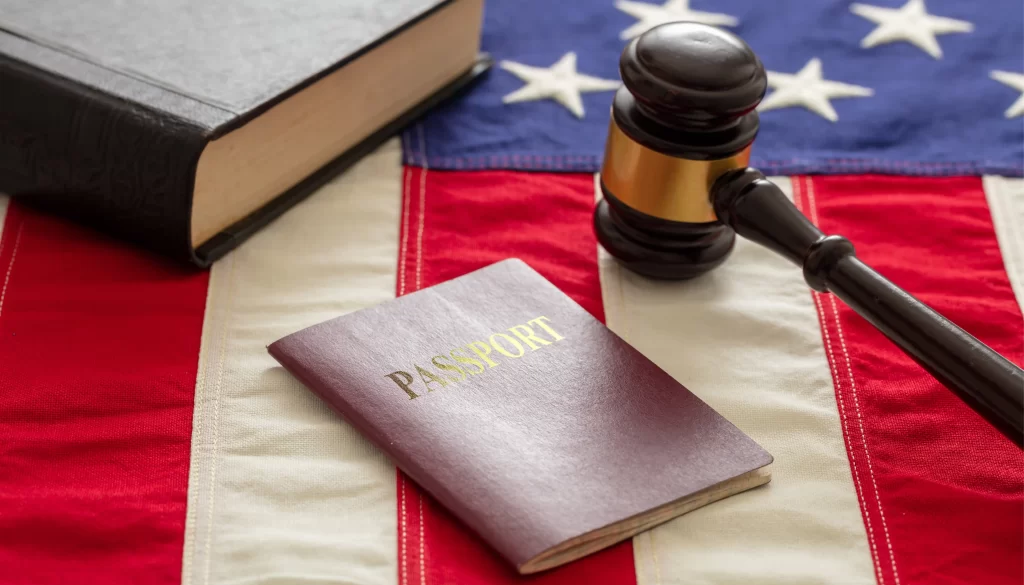
Humanitarian visa
Humanitarian Visas: Relief for adverse situations
The Humanitarian Visas, despite having entered the country unlawfully, having several unlawful ...
 María Mendoza
María Mendoza
Published: January 9, 2024
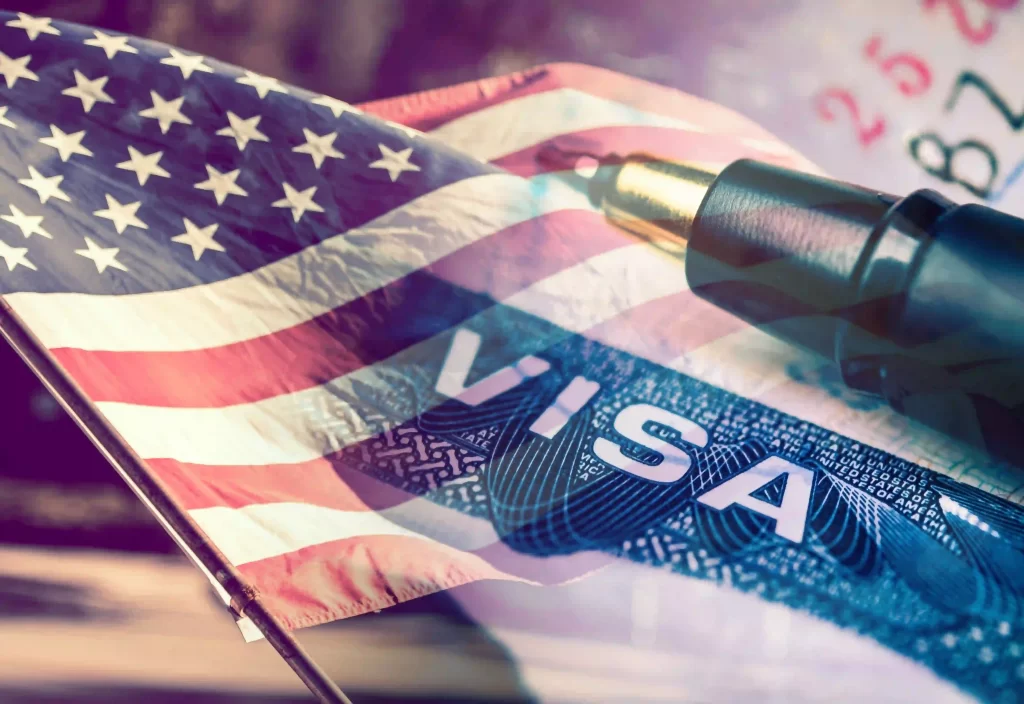
Humanitarian visa
The benefits of Humanitarian Visas
What are Humanitarian Visas, what are their benefits and what are the requirements to apply for Huma...
 María Mendoza
María Mendoza
Published: May 25, 2023
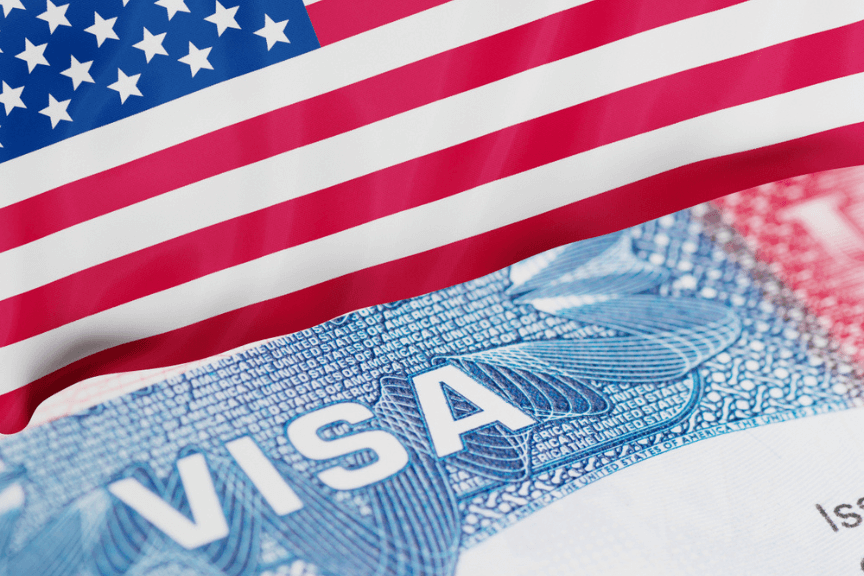
Humanitarian visa
Humanitarian Visas in the United States: What Do VAWA, T, and U Visas Forgive?
If you’ve ever thought that your past might prevent you from obtaining legal status in the Uni...
 María Mendoza
María Mendoza
Published: March 21, 2025
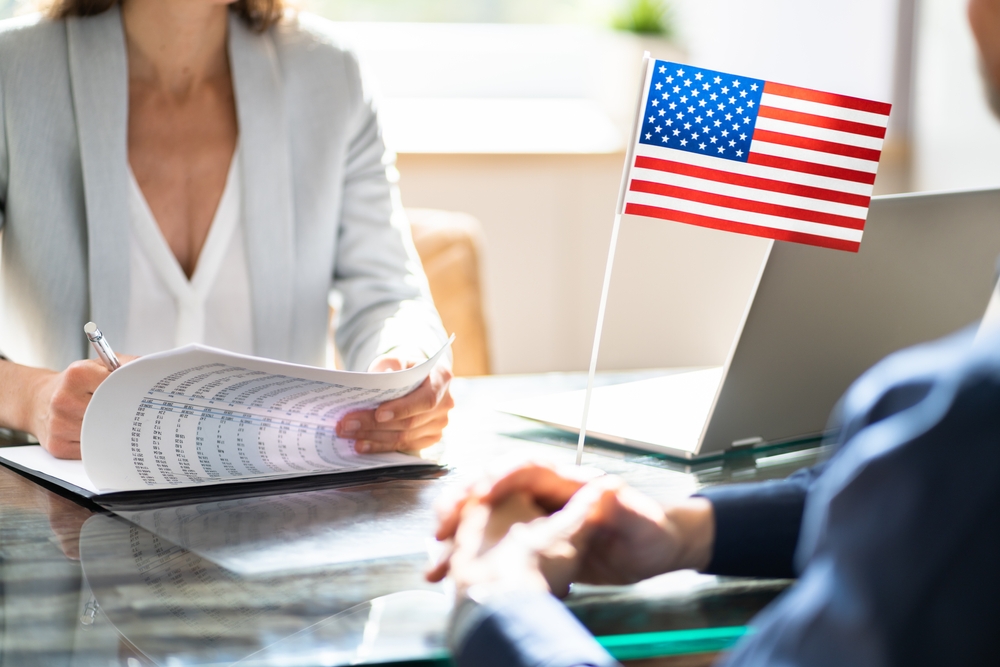
Humanitarian visa
What to do if you face Permanent Bar and want to adjust your status?
Hola mi gente. This is attorney María Mendoza, and today I want to address an issue that conc...
 María Mendoza
María Mendoza
Published: November 19, 2024
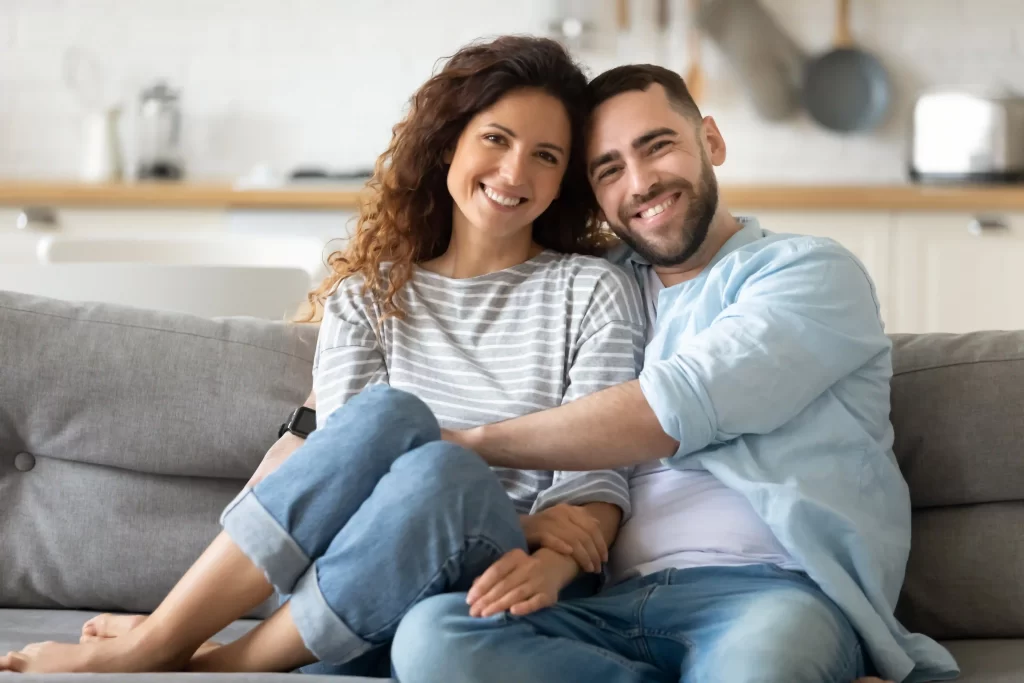
Humanitarian visa
Can you become a lawful immigrant via a consensual union?
In certain cases, there is a way to become a lawful immigrant when not married but living in a conse...
 María Mendoza
María Mendoza
Published: April 3, 2023